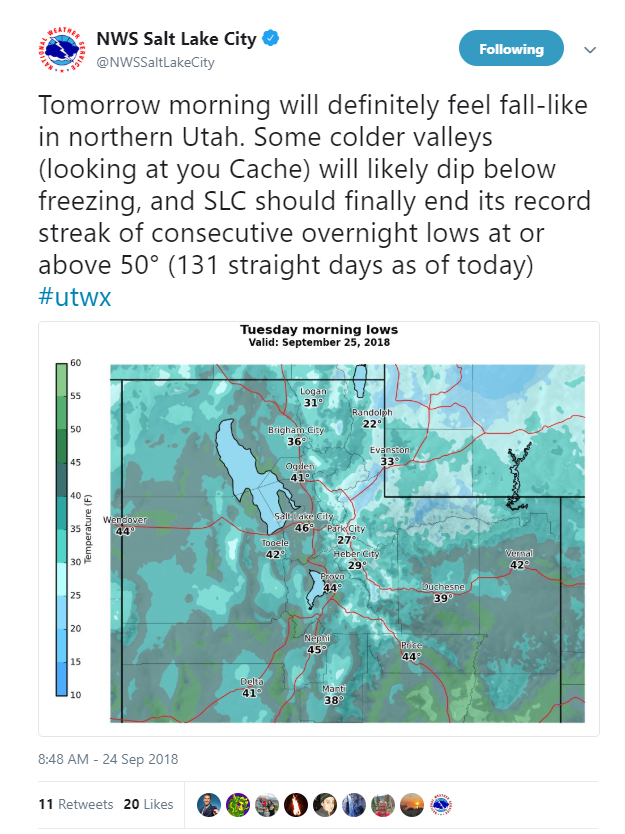Salt Lake City RDA Passes Aggressive Air Pollution Reduction Policy for new RDA-funded Buildings!

Exciting news! Yesterday the Redevelopment Agency of Salt Lake City (RDA) passed a new sustainability policy that is one of the most significant in the country when it comes to reducing air pollution and climate emissions!
As of December 14th, new buildings funded by the Redevelopment Agency of Salt Lake City (RDA) will be more energy efficient, all-electric, and climate friendly in accordance with its Sustainable Development Policy adopted by the RDA Board of Directors.
The RDA works to update Salt Lake City’s infrastructure in order to foster vibrant communities and neighborhoods as well as stimulate economic growth.
With the new Sustainability Policy, RDA-funded buildings will need to meet three new requirements:
1. Projects must achieve a federal ENERGY STAR score of 90 or higher. ENERGY STAR scores range from 1-100. A score of 90 indicates that the building scores higher than 90% of its peers based on criteria related to Property Type, Property Use Details, and Energy Data. These metrics are evaluated on a case-by-case basis depending on the building type.
2. Buildings must operate without on-site fossil fuel combustion. This means that no propane or natural gas can be utilized in building operations. Fossil fuels such as these produce large amounts of carbon dioxide and other harmful products that worsen air quality and trap heat in the atmosphere, which contributes to climate change. Rather than fossil fuels, buildings will operate using electricity for heat, and sourcing that from more sustainable alternatives such as solar electricity.
3. Projects need to participate in Salt Lake City’s energy benchmarking program, Elevate Buildings. SLCgreen’s Elevate Buildings program aims to reduce greenhouse gas emissions and improve air quality by requiring commercial buildings above 25,000 sq ft to benchmark and report energy usage.
The policy also outlines additional net zero guidelines for projects utilizing specific RDA financing programs.
Read the press release that went out today to learn more!
.
FOR IMMEDIATE RELEASE
December 15, 2021
– – – – –
Redevelopment Agency Moves Needle on Mayor Mendenhall’s Air Quality Goals with New Sustainable Development Policy
Update will spur RDA-funded projects to incorporate sustainable building practices and technologies that reduce building-related climate emissions and local air pollution
Read more
















